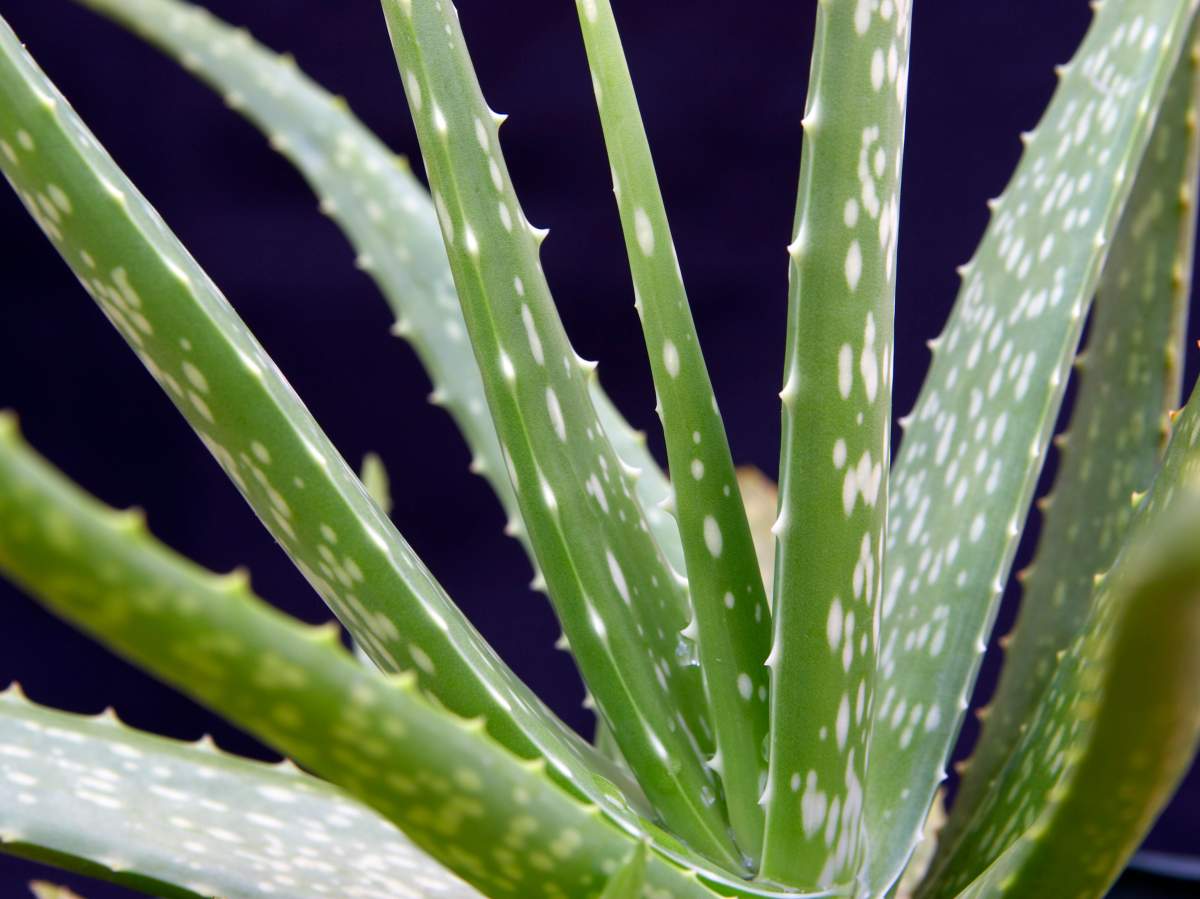Health and wellness bloggers are known for subjecting themselves to a variety of ludicrous experiments. But this week, the practice took a very dangerous turn when a Chinese woman was poisoned after eating a plant she thought was aloe vera.

In her video, titled “Aloe Vera Feast,” the 26-year-old, known online as Ms Zhang, can be seen holding two large green stalks that look like aloe vera and biting into one of them. In one clip, she says, “not bad” and then after her second bite she exclaims, “Wow. Very bitter. So bitter,” before cutting out.
What she was in fact biting into was a leaf from the agave americana plant, which is poisonous. According to reports, Zhang said her mouth was numb and her throat was “on fire.” She was then rushed to the hospital with burns and sores in her mouth and throat, and had her stomach pumped to remove any traces of the plant.

Get daily National news
Agave americana’s sap is very toxic and causes burning upon contact, and if ingested it can have severe kidney and liver consequences.
Eating raw aloe has become a popular wellness trend and especially took off in China over the last month with various women streaming videos of themselves eating the plant. It’s considered beneficial for its antioxidant and anti-inflammatory properties, and is believed to be effective in diabetes prevention and treatment. Some wellness bloggers also believe it’s a superfood that can “halt the growth of cancer tumours.”
“The underlying assumption is that if it’s natural it’s healthy and safer than things produced by humans. But that just isn’t the case. It’s a fallacy,” Tim Caulfield, Canada Research Chair in Health Law and Policy at the University of Alberta, said to Vice.
READ MORE: Women are putting ground-up wasps nests in their vaginas and doctors want them to stop
Ingesting raw aloe has been known to induce abdominal cramps and diarrhea.
“You couple the myth of ‘natural is better,’ with the myth of ‘chemicals are bad,’ and it creates a dichotomy that allows this kind of behaviour to seem sensible,” Caulfield said. “You layer on top of that market forces, where these ideas are being used to sell products, and it gives these ideas even more cultural traction.”
Zhang is reportedly in stable condition.









Comments